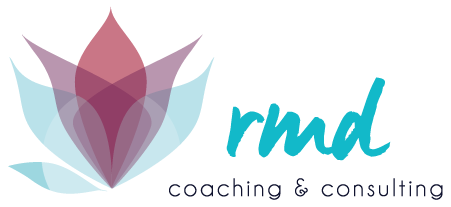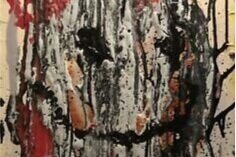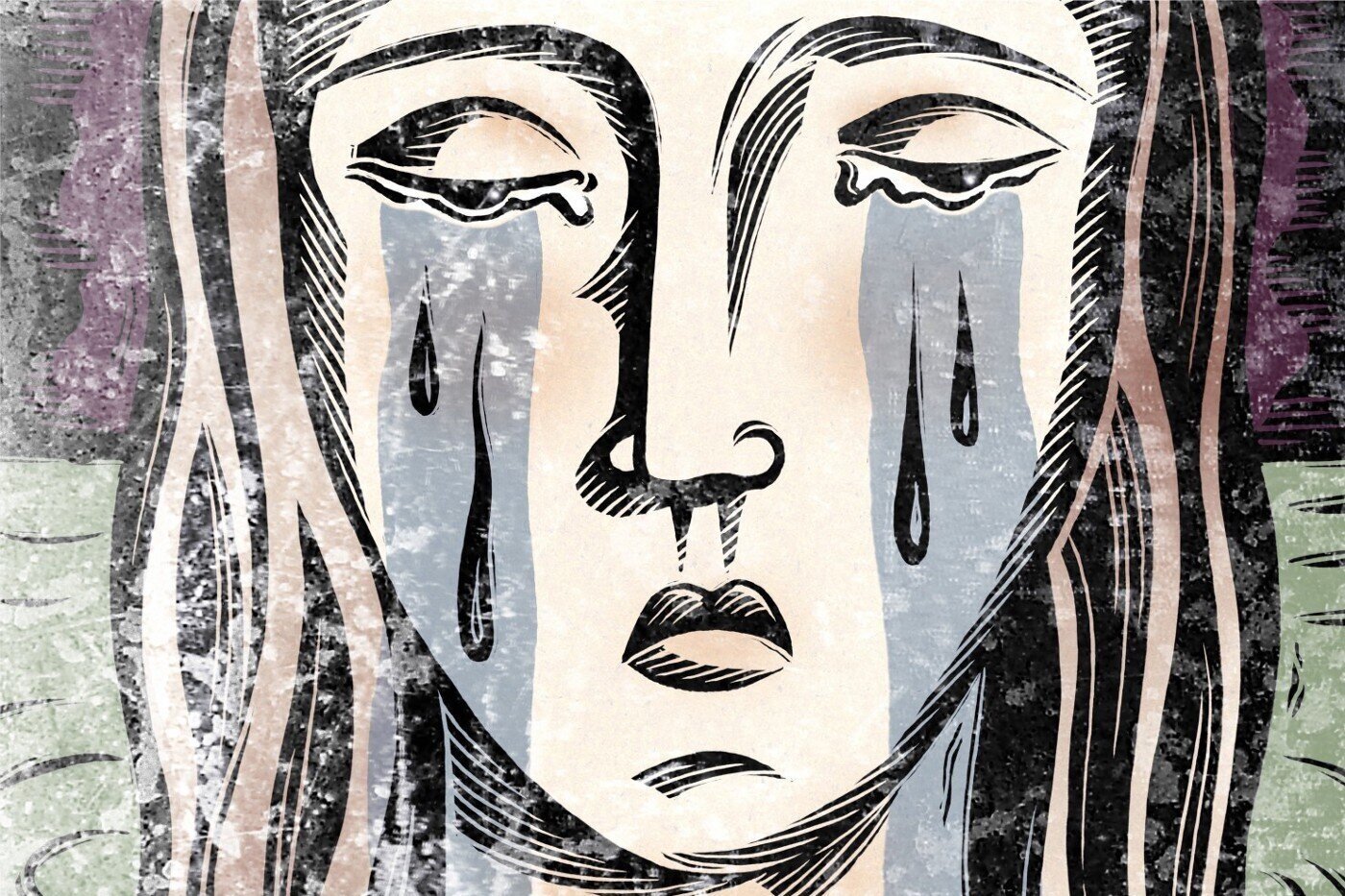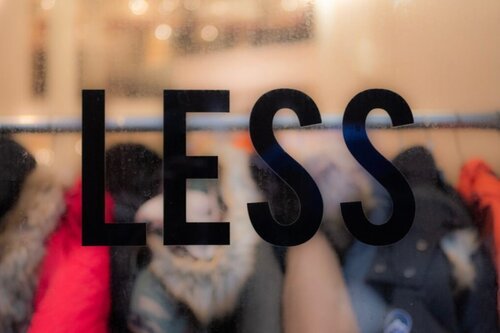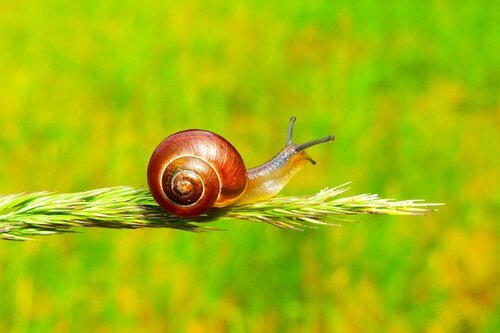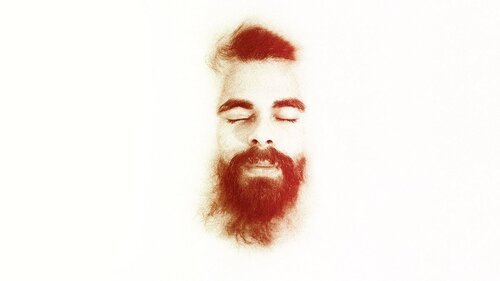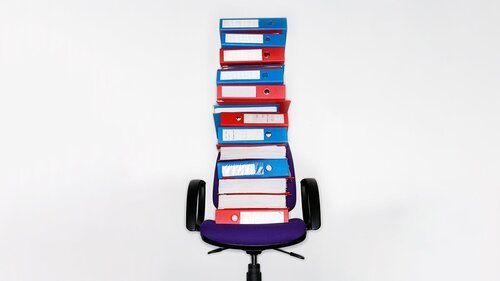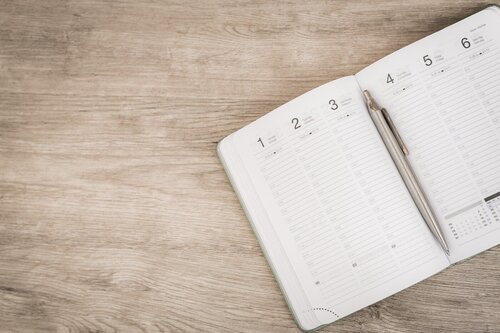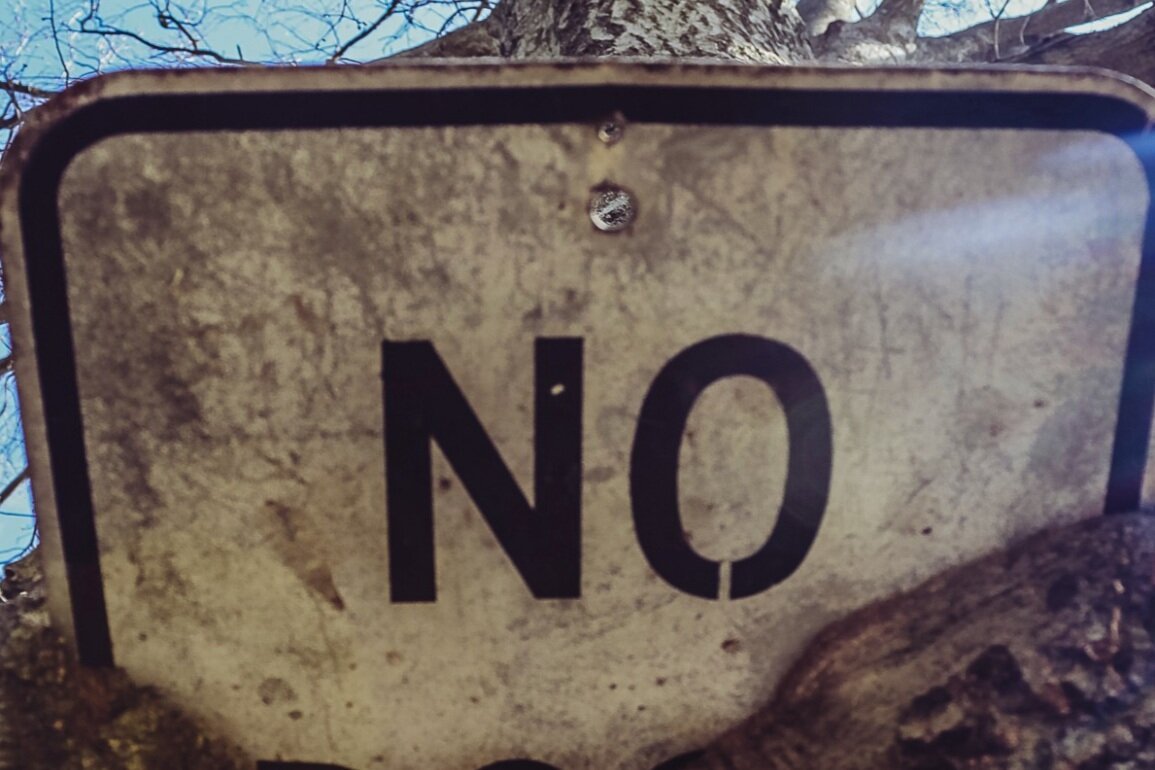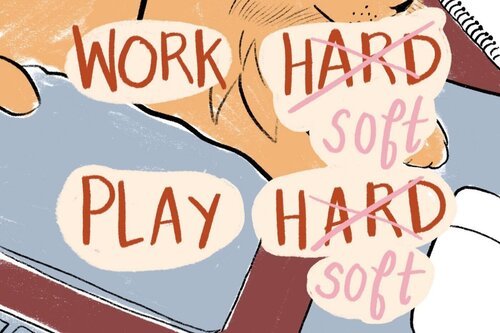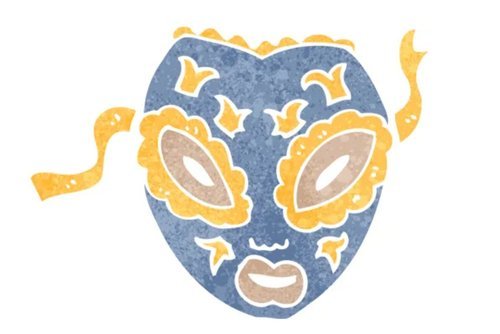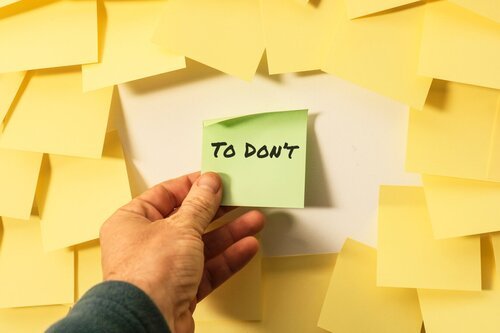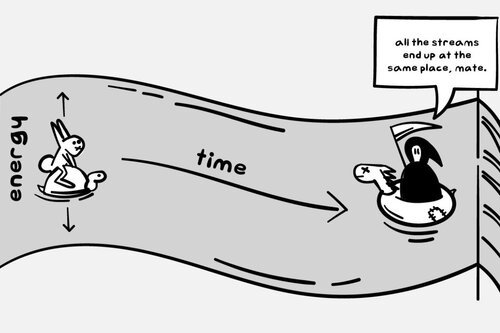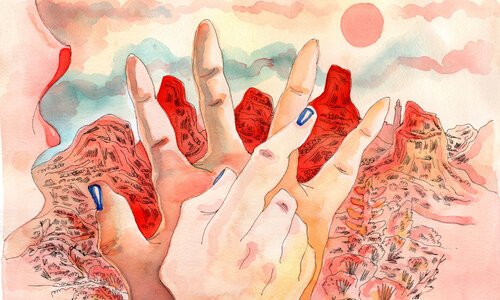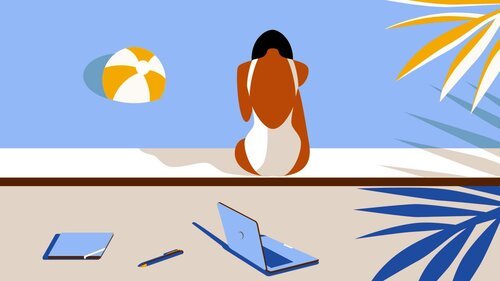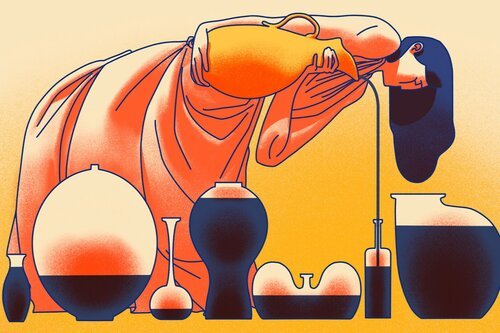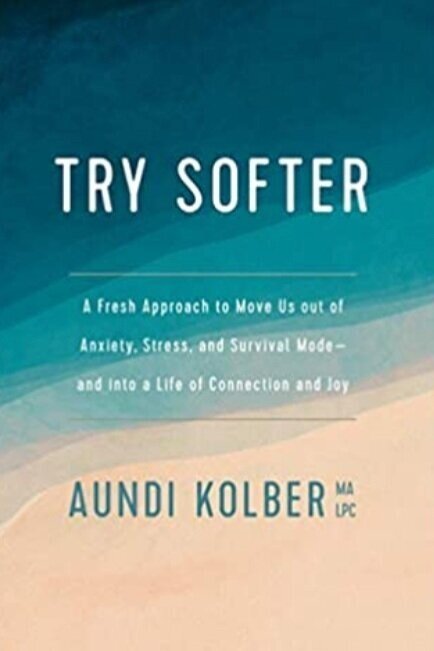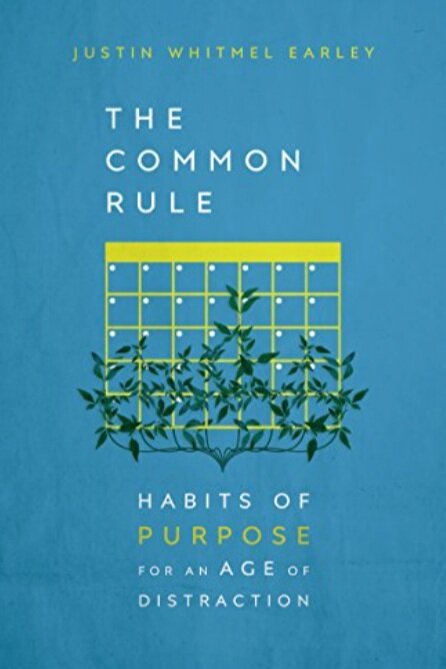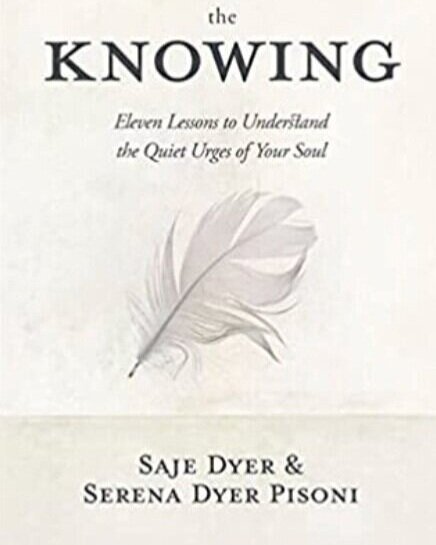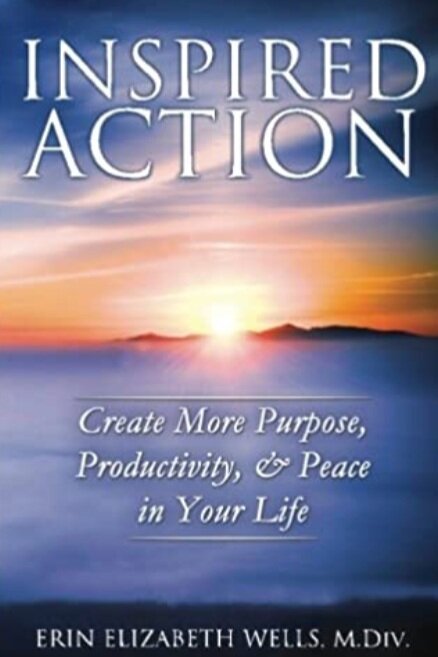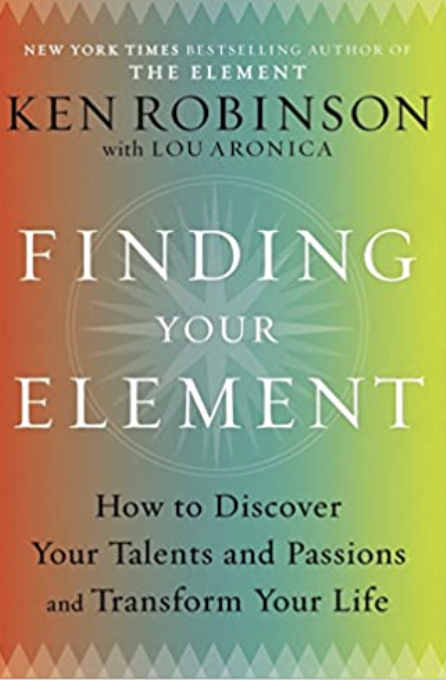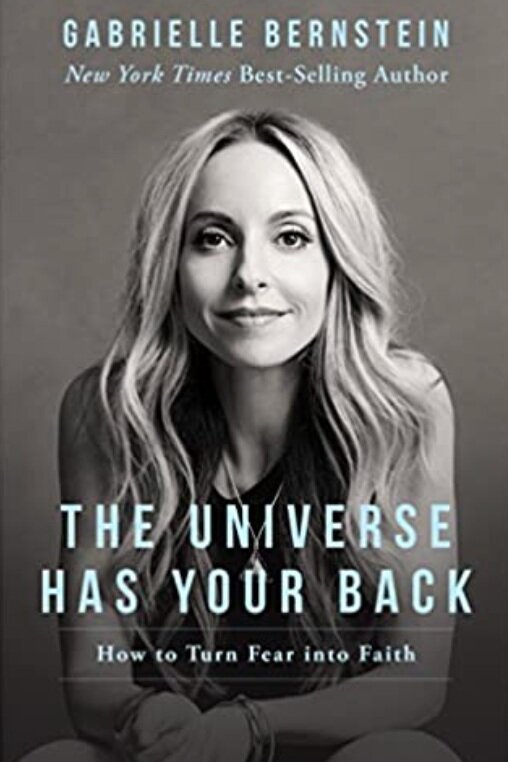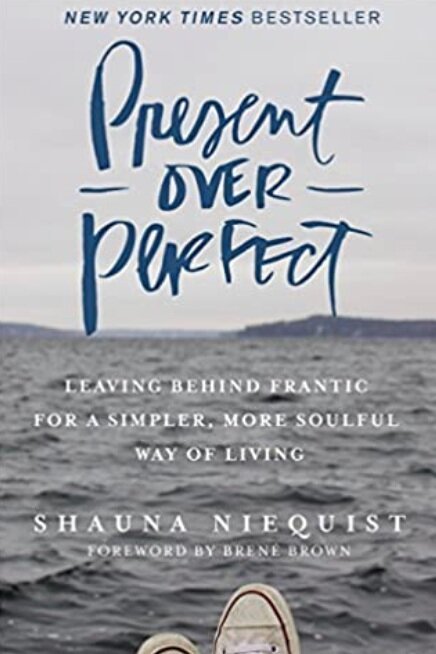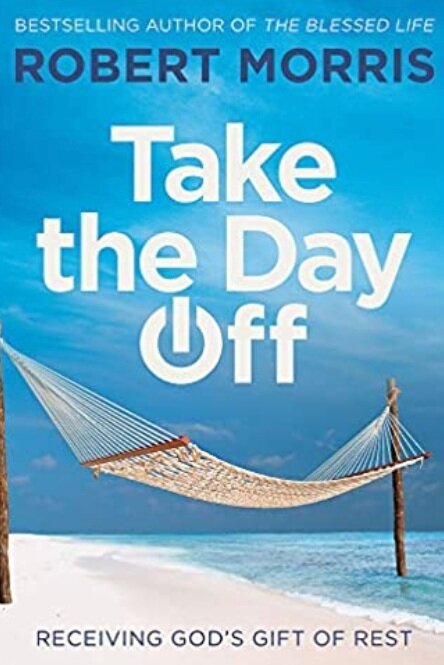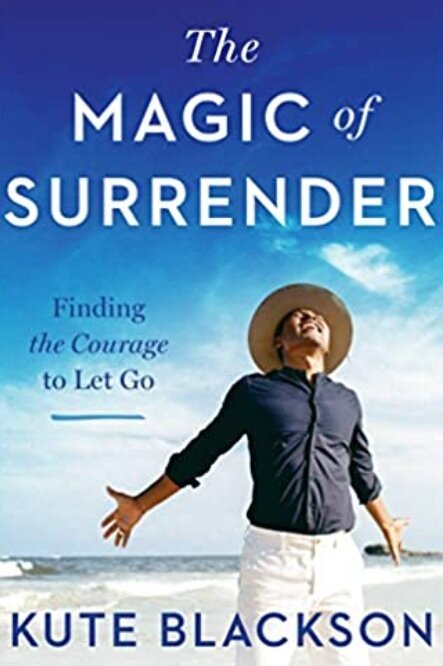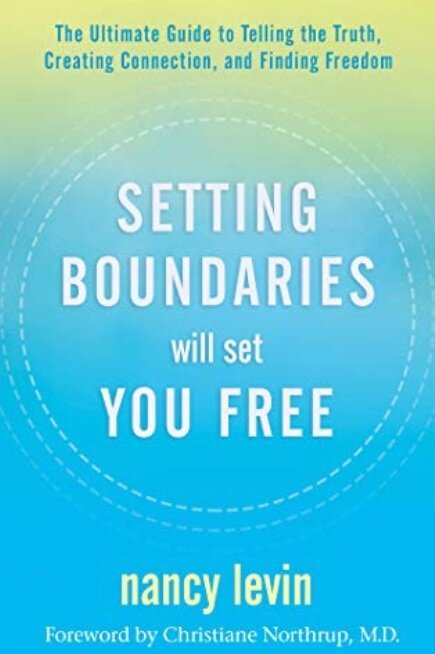
My name is Renée Dineen.
I’m an addict. An “action” junkie.
A woman who regularly sacrifices her “way of being” for the reliable high of “doing.”
View the TED Talk
In my talk I explore:
Why doing too much is a form of addiction and the impact it has on our personal and professional lives
Why it is so hard to stop 'doing' even when we know it isn't serving us
A practice called Authentic Inaction™ that moves us from taking inauthentic action to authentic action in all areas of our lives
5 different types of 'doers' and what their doing addiction is about
4 steps to support you in exploring this concept of Authentic Inaction™ for yourself
“Without first becoming aware of the addiction and how it is playing out in our lives, we are powerless to change it…no different than other addictions.”
Authentic Inaction Is not a choice between “being” and “doing” — it’s about bringing the two into harmony.
It is found in those small but important moments in our day-to-day lives where we can, and yet rarely do, make choices that connect who we are with what we do.
It invites us to consciously and resourcefully question our dominant culture of constantly doing, achieving, and improving. It gives us permission to live a less productive life—one that acknowledges the limits of our attention, energy and time and in return—brings into sharper focus, what it is we are truly meant to do.
Authentic Inaction™ is not about standing still or doing nothing. It is not another form of procrastination. It is about keeping things in motion but allowing for more space and fluidity in between our actions so we can continue to choose more authentically.
While we absolutely make an impact on the world through our actions, our actions should be a natural extension of who we are. Instead, what we do…has become the definition of who we are.
There are 5 DOERS I’ve identified and come to know…and in some ways, find myself in each of them. All DOERS share commitments, deadlines, events, projects—things we authentically want to do, others we believe we have to do, and sometimes both are likely true. Yet we have the freedom to choose whether we become action addicts. Whether we have our doing life…or it has us.
For the majority of my life, I have been proud of being a doer. In fact I come from a long line of doers. My grandmother was, my mother is, and I’m recognizing that by my example, my 13-year old daughter is definitely a doer.
Yet, this isn’t just a family trait, it is a trait of most, if not all of the contexts that I live in. To let go of my bias towards action has required a dismantling of a systemic bias of a world that I am a part of. A world that I have helped to create.
But the truth is, many suffer from doing too much. This crippling addiction is affecting all of us to the tune of billions of dollars a year in health care costs, corporate burn-out, and wasted effort. It has contributed to broken relationships and a loss of our truest sense of who we are in the world.
How do you become a “doer?”
What is your dominant ‘doing type’?
I am definitely an action junky, but so are many of the people I spend my life with. Why do they choose to ‘do’, often at the expense of ‘being’? What is their addiction about? Here are 5 DOERS I’ve identified and come to know…and in some ways, find myself in each of them.
-
They do to be recognized, and build-up their sense of self. They have likely always been acknowledged for their ability to get things done so what they achieve is directly connected to their self-worth.
Simple Strategies:
Take time to meditate, pray, or tune into your body to become more aware of your physical needs. Go to a soup kitchen or animal shelter and become part of a team that does not involve seeking status or being the leader.
-
They do to avoid being confronted with whatever is actually more important. As they keep themselves occupied with tasks, they avoid facing the bigger questions and challenges in life.
Simple Strategies:
Boredom is a scary place for Avoiding Doers. For most of your life you’ve learned to distract yourself with busy-ness or more damaging things like substances. The only way to stop fearing pain is to sit with it. Try focusing on one thing at a time and finishing it before moving into something else. Also, try to sit in silence for four minutes. Set your alarm. Breathe. It’s like working a muscle. I used to avoid pain–and now I can’t get enough of sitting with the hard feelings, because that is where the texture of life resides.
-
They do because they want it done and are often not willing to wait for someone else to do it. While that makes them feel more in control, that same control can push others away so they end up feeling alone and unsupported.
Simple Strategies:
Allow yourself to soften. Realize that vulnerability is a strength, not a weakness. Remind yourself to notice your impact on others so you can completely hear their truths. Try lying back on a bolster or pillows, face up, arms splayed, heart cracked open. There’s nothing you need to do. Receive what is.
-
They do because they think no-one else can do it as well as them. Their standards often result in over-engineering and over-efforting and yet, no matter how well things are done, it still never quite feels good enough.
Simple Strategies:
Explore your negative feelings and emotional impulses. You are quick to react and get triggered easily. Instead of believing you actually perfect something externally, relax and surrender. Allow people and things to take on their own shape and form. Turn on some music and let your body direct you. Don’t think about dancing; just feel how good it feels to trust the energy of something other than yourself. Allow your body to lead, not your head. Don’t perform. Close your eyes and release.
-
They do for others, and are really good at it. Doing makes them feel needed but also obligated, and when they do too much without asking for anything in return, they end up feeling unappreciated and resentful.
Simple Strategies:
You’re so busy attuning to the needs of others, that supporting others is not just something you do, it’s become your identity. Your self-care suffers. Self-care is not selfish. It’s okay and even necessary. Take a hot bath. Get a massage. Spend a day being frivolous with your time.
Articles + Blog Posts
It is a good time to question how our ‘doing lives’ define us. For the majority of my life, I have been proud of being a doer. In fact I come from a long line of doers.
Human beings are a complicated nature. We change our minds. Say yes when we mean no. We speak of love and hate in the same breath. Embrace some, and shun others.
Who am I if not a doer? What then, am I to do? It isn’t as if I don’t know myself more completely. But this part of me — the busy bee, the curious pony, the boiling pot…
Your Work, Your Life, Your Way
I was grateful for my work. Passionate about my work. But I was tired — literally exhausted from the inside out.
This Hidden Career Trap Can Be Worse Than Imposter Syndrome
Could a lack of authenticity in your career increase stress, cripple confidence, and ultimately hold you back? The short answer is yes, according to Renée Dineen.
Inspiring publications
A “Call to Action” for Leaders to Reduce Suffering
There has never been a more crucial time for leaders to take on within their own hearts and organizational …
I was participating in one-year coaching certification. My coach asked me to establish a daily practice of ‘sitting.’ Meditation My Ass! That was pretty much my response.
Stop Being Productive by Taylor Lorenz
How to Feel OK Doing Less by Vanessa Loder
Nothing At All by Aytekin Tank
Productivity Isn’t About…by Adam Grant
Being Aware is the First Step by Madisyn Taylor
Taking a Break from What You Are Doing by Madisyn Taylor
Free Yourself from What You Should Be Doing by Andy Molinsky
Stop Being ‘So Busy’ by Chris Bailey
The Busier You Are, The More You Need Quiet by Justin Zorn and Leigh Marz
Want To Be More Productive? Try Doing Less. by Kate Northrup
This Year, Resolve To Do Less by Devon Price
White Space is Key to a Productive Week by Michael Thompson
Knowing When to Stop by Ana Lucia Jardim
The Audacity of Nope by Bonsu Thompson
Stress Relief: When + How to Say No by Mayo Clinic Staff
Do You Ever Feel More Like a Human ‘Doing’ Than a Human Being?’ by Hope Horner
How to Recover From Burnout by Hope Davis
Busyness 101: Why We Are SO Busy in Modern Life by Kyle Kowalski
Six Signs You Are Addicted to Being Busy by Katie Avis-Riordan
RIP, Hustle Culture by Jessica Wildfire
Tell Me What You Say Yes To by Benjamin Hardy
Your True Inner Voice by Madisyn Taylor
The Beauty of Imperfection by Laura Haver
The Dark Side of Women’s Empowerment by Acknella Ndoro
Your Life Should Revolve Around Sleeping by Laura Vanderkam
Exchange Working Hard for Working Soft by Sophie Lucido Johnson
How to Drop the Ball in Your Life Without Letting Anyone Down by Tiffany Dufu
A 5-Minute Exercise to Find Your Motivation by Kelli Maria Korducki
Being Bored Can Be Good For You by Jaime Ducharme
4 Questions to Foster Your Authentic Self by Carley Hauck
Forget Resolutions for 2022 and Focus on This Instead by The Good Space
This Morning Routine will Save You 20+ Hours Per Week by Benjamin Hardy
Why You Can’t Focus Anymore by Olesya Luraschi
5 Tips to Help You Stop Rushing by Stephan Rechtschaffen
People Who Brag About Being in Back-to-Back Meetings by Tim Denning
Boredom by Psychology Today staff
Don’t Just Do Something by Kit Troyer
Silence of the Heart by Madisyn Taylor
Is Your To-Do List Making You Nuts? by Anna Phelan
A Simple Path to a Winning Strategy by Graham Weaver
7 Mental Habits That Successful People Can Overdo by Brad Stulberg
Forge Course Day 1:Tracking Your Time by Felicia Sullivan
No Amount of Success Will Calm You Down by Kathleen Smith
I Will Teach You to Be Time-Rich by Luke Mac
How to Disappoint the Right People by Michelle Loucadoux
What’s the most important leadership principle? by Claire Lew
Just One Thing for 2022 by Lisa Word
Fatigue Might Not Mean You’re Tired- 5 Major Causes & Solutions by Health 1+1 & Wu Kup-Pin
4 Surprising Benefits of Rest by Omega
Meditation for Seniors by Christian Simmons
Silence by Madisyn Taylor
Being Bored Can Be Good For You by Jaime Ducharme
Silence by Madisyn Taylor
How to Fill Your Life With What’s Important by Laura Haver
Mind Going a Million Miles a Minute? by Judson Brewer
Don’t Work on Vacation. Seriously. by Laura Giurge and Kaitlin Woolley
The 7 Types of Rest That Everybody Needs by Saundra Dalton-Smith
Why Breathing Is So Effective at Reducing Stress by Harvard Business Review
‘Circling Back’ to Yourself Is a Powerful Form of Self Care by Kaki Okumura
Are You Suffering from Mind Wandering Deficit? by Gustavo Razzetti
4 Things Really Successful People Say ‘No’ To by Alan Trapulionis
The Truth of Why You Get Distracted and What to Do About It by Nate Anglin
How I Spotted the Early Signs of Burnout and Took Action by Dr. Laurie Santos
Learn to Regulate Your Stress Response by Susan Blum
What Does Boredom Do to Us—and for Us? by Margaret Talbot
